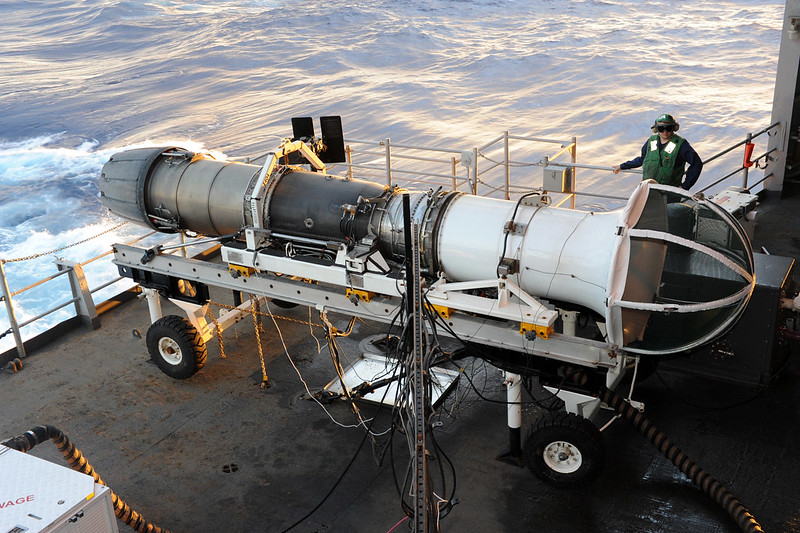With air travel once again growing rapidly, air freight companies are looking to avoid clogged major airports by flying into smaller regional airports. Paul Berger reports for The Wall Street Journal:
Freight forwarders are increasingly looking to fly around America’s congested air hubs.
A combination of shifting manufacturing supply chains and bottlenecks at big airports is leading the freight middlemen to hire their own aircraft and seek alternative gateways, establishing operations that are boosting business at smaller, regional sites like Greenville-Spartanburg International Airport in South Carolina and Chicago Rockford International Airport.
Forwarders say they can move cargo through the smaller airports more quickly, cheaply and reliably than they can through the big gateways that handle millions of tons of freight a year.
To do so, the logistics operators are departing from their traditional strategy of booking space in the bellies of passenger planes or on scheduled freighters, and instead chartering aircraft to run routes through alternate sites, often on schedules that suit their customers. In some cases they bring in their own equipment and take control of loading and unloading operations that are usually managed by third-party ground handlers at major airports.
Dave Edwards, the chief executive at Greenville-Spartanburg, said just over a decade ago his airport had no international air cargo operations. It spent about $1.5 million to install its own cargo-handling equipment and lured German luxury car maker BMW AG , which has a large plant nearby, as a first customer.
BMW today accounts for about a quarter of Greenville-Spartanburg’s roughly 15 international cargo flights a week. Mr. Edwards said other companies such as Volvo Car AB, Volkswagen AG and Siemens AG , which also have plants within trucking distance, are regular users of the airport.
“The efficiency of the operation has really caught the attention of many freight forwarders, and some of the manufacturers as well who like the fact the product is coming into an airport nearby,” Mr. Edwards said.
Air cargo volumes fell through most of last year as manufacturers and retailers pulled back on orders because of slowing consumer spending. Falling freight demand doesn’t appear to be dampening enthusiasm for secondary hubs, said consultant Doug Bañez, managing director at Charlotte, N.C.-based Hubpoint Strategic Advisors.
Supply-chain disruptions during the pandemic led many companies “to consider alternatives and they learned that these alternatives work,” Mr. Bañez said.

